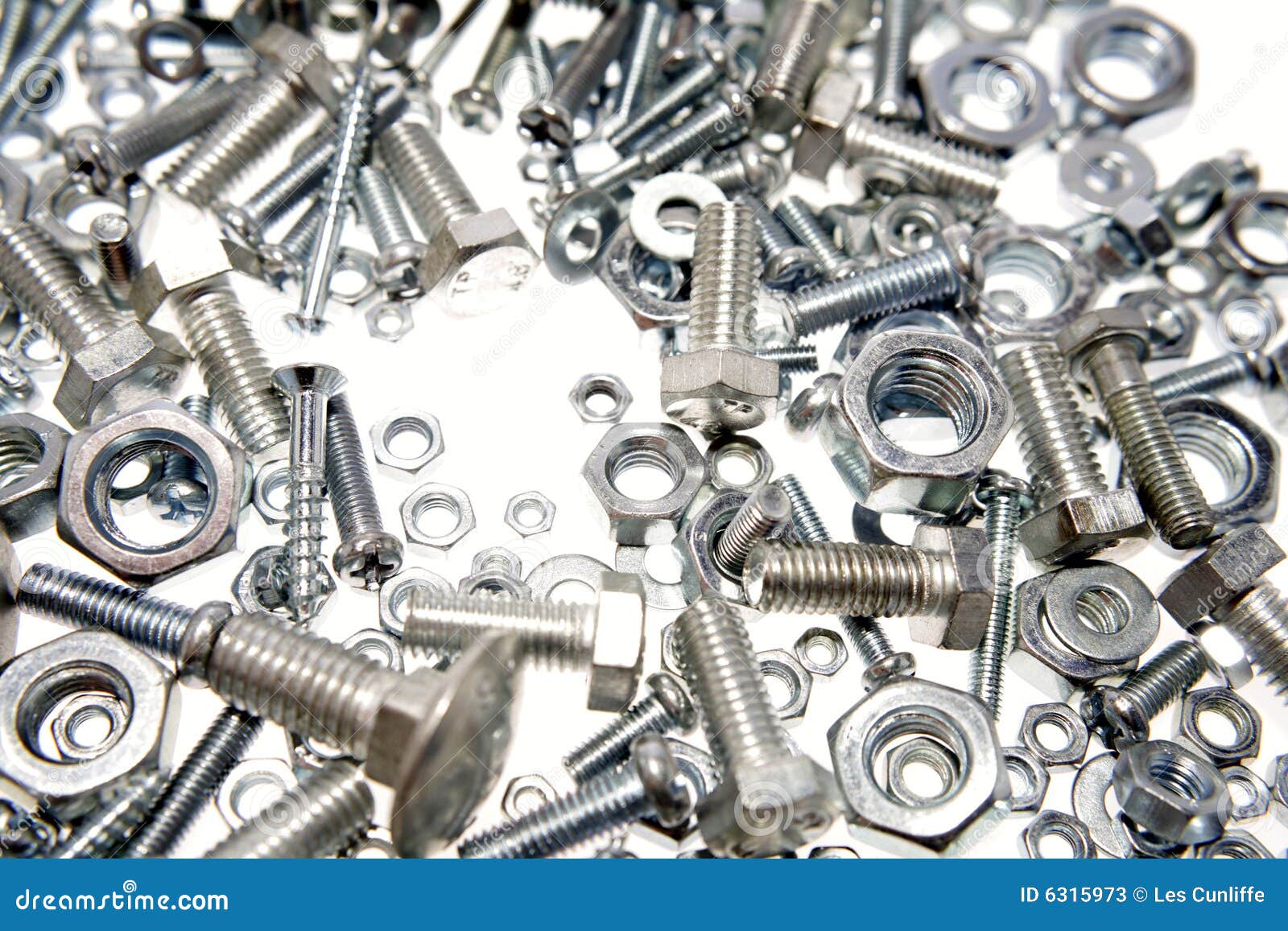When initiating a construction endeavor, the value of nuts and bolts is seldom recognized. These tiny but powerful fasteners are the unsung heroes of any build, delivering vital connections that secure structures. From the towering frameworks of commercial buildings to the intricate details of home improvement, knowing the kinds, purposes, and optimal techniques for nuts and bolts can make all the difference in ensuring the durability and safety of a project.
This detailed guide aims to delve into the world of nuts and bolts, illuminating their different types and roles. Whether you are a veteran contractor or someone who enjoys DIY projects, having a solid understanding of how to choose the right fasteners is essential. We will examine all aspects from basic explanations to usual uses along with in-depth comparisons of substances and coatings. Come along as we journey through the basics and technical details, making sure you are well-prepared to face any construction obstacle.
go riesvarieties-of-nutsfasteners-and-boltsscrews">Varieties of Nuts and Bolts
Nuts and screws are vital components that come in various shapes and dimensions, each designed for distinct purposes and uses. The most typical types of bolts include hex-head bolts, carriage fasteners, and lag bolts. Hex bolts are adaptable, often used in building and manufacturing, while carriage bolts feature a curved head and a rectangular neck that provides additional grip, making them perfect for woodwork. Lag bolts, with their coarse threads, are suitable for heavyweight connections in timber and substantial substances, providing power and firmness.
When it comes to fasteners, there are multiple types to consider, including standard nuts, lock nuts, and washer nuts. Regular nuts are the most frequently utilized, while locking nuts are designed to withstand loosening due to oscillations, making them appropriate for machines and automotive applications. Flange nuts, featuring a built-in washer, distribute the load over a wider area and are often used in situations where a secure connection is necessary, such as in construction projects.
Comprehending the differences between these components is vital for choosing the right ones for your project. Considerations such as materials, thread types, and particular use scenarios must be evaluated. For instance, stainless steel fasteners offer corrosion resistance, making them a superb choice for exterior uses, whereas galvanized fasteners provide safeguarding against rust. By understanding the appropriate kinds of fasteners to use, you can ensure the integrity and durability of your building or DIY project.
Materials and Coatings
The selection of substances used in nuts and bolts plays a crucial role in their performance and suitability for different uses. Common substances include metal, brass, and titanium alloy, each providing distinct properties. Steel, particularly carbon metal, is well-known for its durability and durability, making it a frequently option for high-strength applications. Brass provides superior resistance to corrosion, which is perfect for environments exposed to humidity. Titanium alloy, while more expensive, is highly regarded for its lightweight and outstanding strength relative to weight, making it suitable for aviation and performance-driven applications.

Finishes are just as important as they improve the longevity and performance of fasteners. Zinc plating is a common overlay that offers basic corrosion protection, while galvanized bolts provide a thicker layer for more severe conditions. For outdoor use, anti-corrosive finishes are essential to protect fasteners and bolts from the elements. Inox fasteners are another favored option as they combine power with high oxidation protection, making them ideal for marine and external construction.
When selecting fasteners, it is important to consider the specific requirements of your task regarding material and coating. The right combination will ensure best functionality, longevity, and reliability, whether in building, automotive repairs, or DIY projects. Grasping the materials and finishes available can help make informed choices to achieve positive outcomes in your construction endeavors.
Buyer Guides and Comparisons
When selecting nuts and bolts for your engineering project, it is crucial to consider the exact specifications of the project at hand. https://canvas.instructure.com/eportfolios/3548591/entries/13061996 involves understanding the different types of fasteners available and their specific applications. For illustration, heavy-duty construction projects often require high-strength bolts, while less demanding applications may only need basic hardware. Educating yourself on the characteristics of each type—such as tensile strength, construction material, and coatings—can greatly affect the lifespan and efficacy of your construction.
Another important factor to think about is the size standard—decimal versus imperial fasteners. Depending on your region and project requirements, you may need to decide between the two. Knowing how to gauge nuts and bolts properly is essential for confirming compatibility with existing hardware and preventing issues during assembly. Always have the proper tools on hand for correct measurements to eliminate any discrepancies that could harm the integrity of your project.
Lastly, when it comes to making a purchase, look for quality indicators such as bolt performance ratings, quality certifications, and manufacturer reputations. A purchase guide can assist you in dealing with these factors, but also consider reading testimonials and comparisons to discover the best nuts and bolts for your requirements. Verify that the fasteners you select not just meet your project demands but also come from trusted sources to ensure both effectiveness and security.
